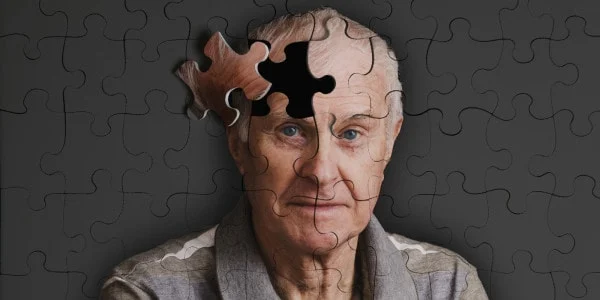With the aging baby boomer population entering the older adult bracket, it is projected that the number of Alzheimer’s Disease cases will sky rocket to 16 million by the year 2050. This is evidently a sharp increase from the 5 million Alzheimer’s cases that the country has recorded to date. Although it is true that
there is no known cure for Alzheimer’s early detection and diagnosis can actually help victims to enhance the quality of their lives despite the impending doom brought about by the condition’s signs and symptoms.
The provision of proper treatment and management plan can only be possible with timely detection through the use of memory screening examination. Medical experts advise older adult patients aged 65 years old or older to request for memory as part of their routine health examination. Elders as well as their
caregivers should be made aware of the importance prompt detection of Alzheimer’s Disease. This diagnostic examination brings about may benefits to both patients and caregivers in that medical experts will be able to provide useful insight on what patients can expect and ways by which caregivers can handle
future situations when taking care of their elderly loved ones.
Another reason why memory screening should be included as part of a routine medical exam is that of proper diagnosis. Bear in mind that not all signs and symptoms of memory loss among adults 65 years old and older should be categorized to be caused by Alzheimer’s. As we age, our brain and body slow down which means that one’s mental and physical capabilities are not as fast
and efficient as they used to during prime years.
Memory loss is also typical in aging individuals, but to some
extent they are not as worse or progressive in nature when compared alongside that which is experienced by those suffering from Alzheimer’s Disease. Assuming that an elderly is already suffering from Alzheimer’s without proper detection is depriving
the elderly of the right type of medical management and proper treatment from other people.
Lastly, early detection of Alzheimer’s Disease with the help of memory screening could actually minimize the power and intensity of its over all impact on society. Patients who are diagnosed during early stages of the disease are rest assured
to get the support they need from the health care team and from their family as well. Early diagnosis also fosters deep understanding of Alzheimer’s resulting in caregivers becoming more prepared for events that may happen as the disease
process progresses.
